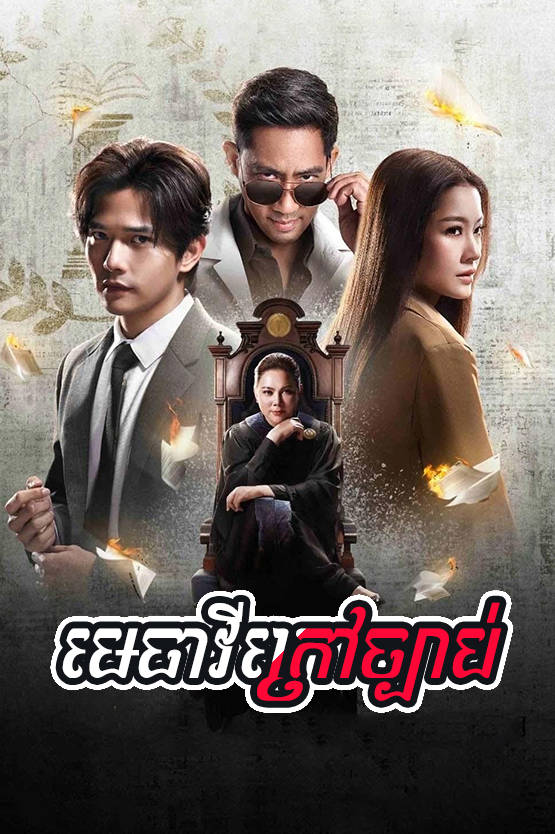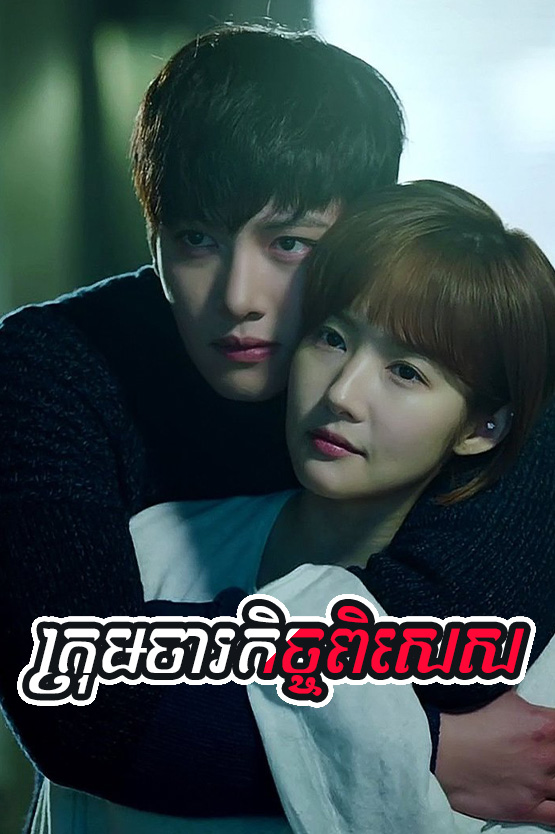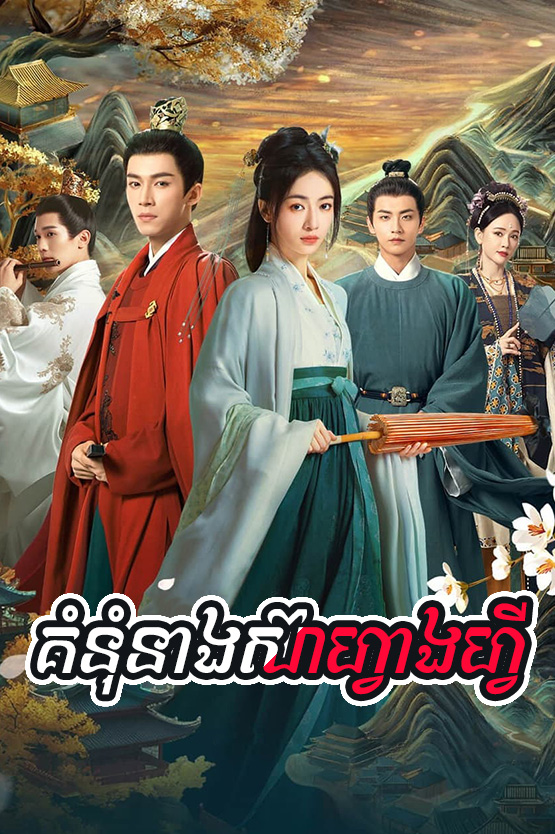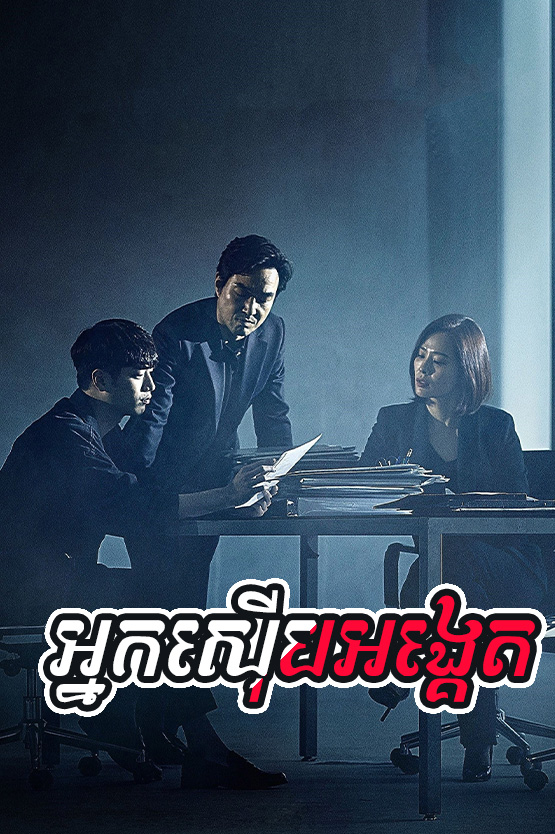Chlong Pelvelea Kekamhos
Finding Connection Through Time: “Once Upon A New Year’s Eve” Chinese Drama
In the gentle quiet of early 2024, viewers were gifted with a drama that speaks to the universal longing for family and redemption. “Once Upon A New Year’s Eve,” which premiered on Singapore’s Channel 8 and meWatch platform in January, offers a thoughtful exploration of second chances wrapped in the warm traditions of Chinese New Year celebrations.
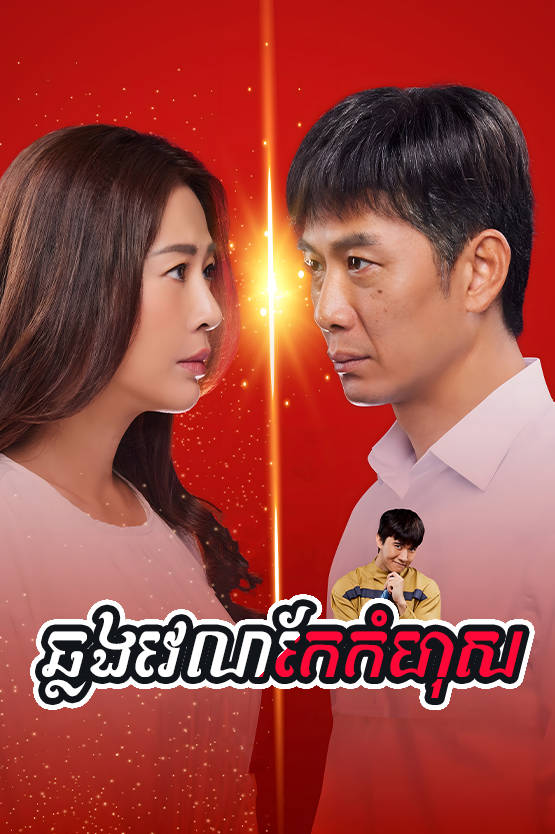
A Story of Transformation
At the heart of this Mediacorp production lies Cai Yiren, portrayed by veteran actor Qi Yuwu. Yiren embodies a familiar archetype—the successful businessman whose wealth has come at the cost of meaningful relationships. Described as bossy, self-centered, and stingy, he represents the modern struggle many face: achieving material success while losing sight of what truly matters.
The drama unfolds against the backdrop of New Year’s Eve, a time traditionally associated with reflection, renewal, and reunion. This setting provides the perfect canvas for examining themes of family estrangement and the possibility of healing old wounds. The choice to center the story around this particular holiday feels deliberate and poignant, as Chinese New Year represents not just celebration, but the deep cultural value placed on family unity.
Technical Innovation Meets Traditional Storytelling
What makes “Once Upon A New Year’s Eve” particularly noteworthy is its place in television production history. Singapore’s Mediacorp has begun introducing virtual sets into its scripted content, starting with two Chinese drama series. This technological advancement allows for more ambitious storytelling possibilities while maintaining the intimate character focus that makes Chinese dramas so compelling.
The use of virtual production techniques doesn’t overshadow the human elements of the story. Instead, it serves to enhance the viewing experience, creating environments that support the emotional journey of the characters rather than distracting from it.
The Gentle Power of Redemption
Chinese family dramas have long excelled at portraying the complex dynamics within families, and “Once Upon A New Year’s Eve” continues this tradition with a measured approach. Rather than relying on melodramatic twists or heightened conflicts, the series appears to trust in the quiet power of authentic character development.
The premise suggests a journey of self-discovery for Yiren as he confronts the consequences of prioritizing business over family bonds. This type of character arc resonates particularly well in contemporary society, where work-life balance and the value of relationships are frequent topics of discussion.
Cultural Resonance
The timing of the drama’s release—coinciding with the actual New Year period—creates a natural synergy between the viewing experience and real-world celebrations. For audiences celebrating Chinese New Year themselves, watching Yiren’s journey toward reconciliation with his family adds an extra layer of meaning to their own family gatherings.
The show’s focus on family dynamics during this significant cultural holiday speaks to universal themes while maintaining its specifically Chinese cultural context. This balance allows the drama to feel both intimate and broadly relatable.
A Quiet Achievement
“Once Upon A New Year’s Eve” represents the kind of television drama that doesn’t announce itself with grand gestures or shocking plot developments. Instead, it invites viewers to settle in for a more contemplative experience, one that mirrors the reflective nature of the New Year season itself.
In an entertainment landscape often dominated by high-concept productions and intense genre pieces, there’s something refreshing about a drama that centers on the simple yet profound question of whether it’s ever too late to repair damaged relationships. The series reminds us that sometimes the most meaningful transformations happen not through dramatic external events, but through the quiet internal work of recognizing our own shortcomings and choosing to change.
As viewers accompany Yiren on his journey of self-reflection and potential redemption, they’re invited to consider their own relationships and the ways in which success and ambition might have created distance from the people who matter most. In this way, “Once Upon A New Year’s Eve” offers more than entertainment—it provides a gentle prompt for personal reflection during a season already associated with new beginnings and renewed commitment to what truly matters in life.







